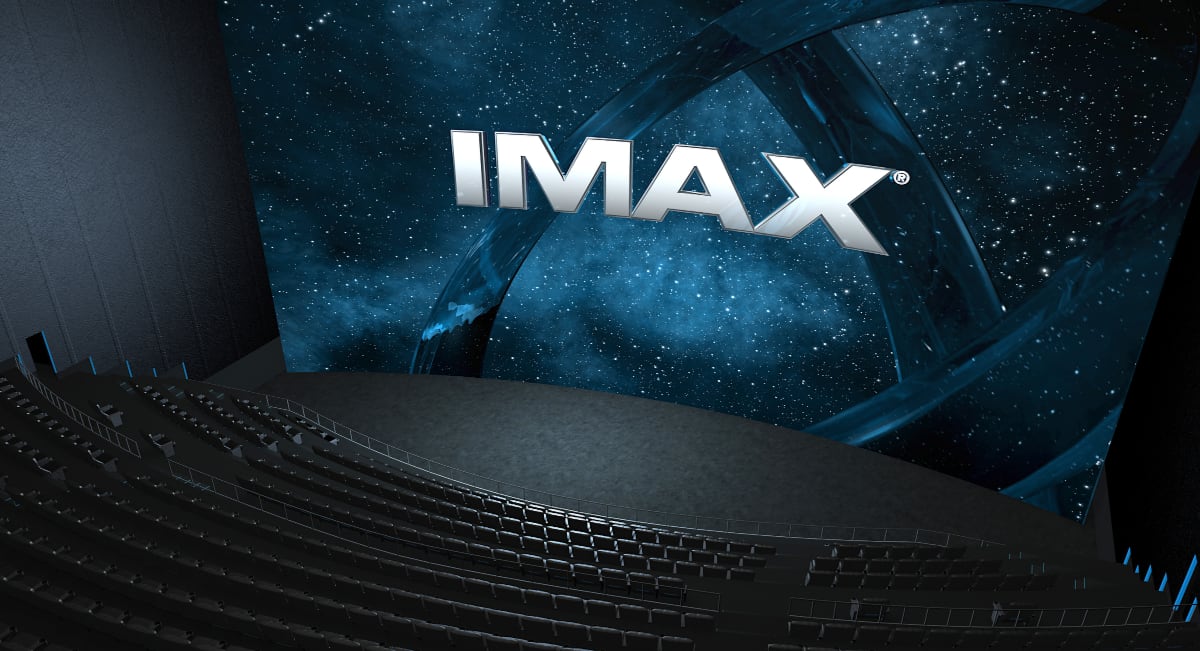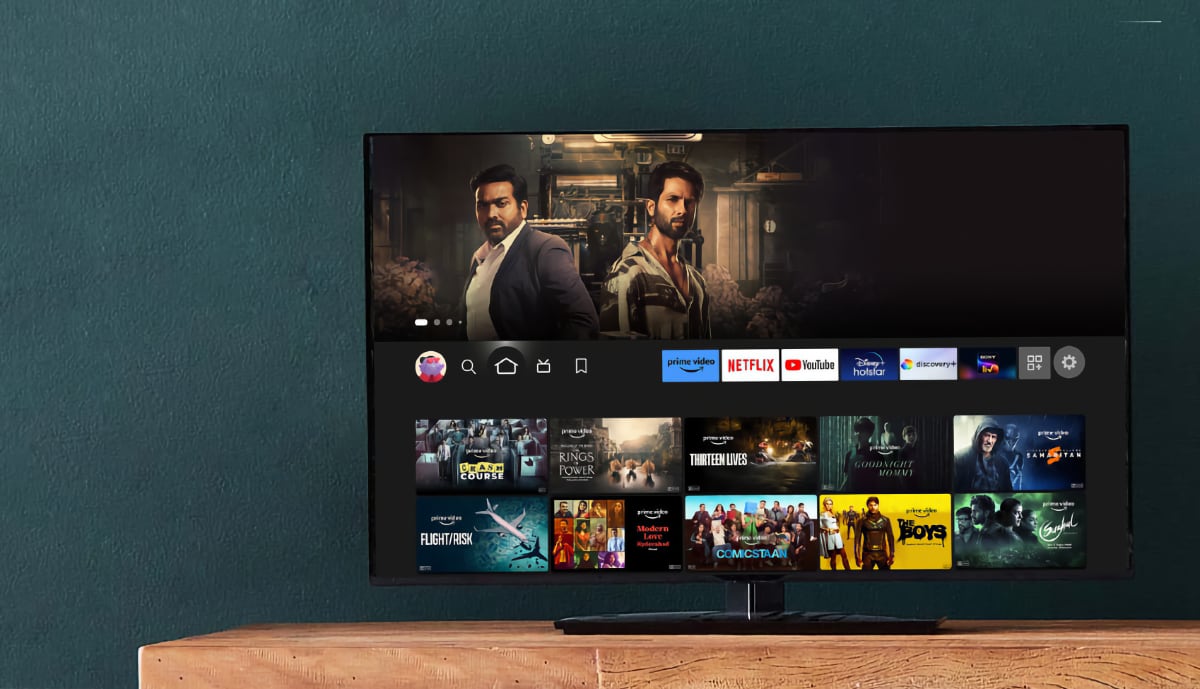IMAX's exclusive deal to show Netflix' new Narnia film threatens the theatrical ecosystem, says the head of Europe's largest private cinema chain.
Vue, formerly CinemaxX, is far from happy with IMAX, even though it already operates IMAX cinemas in some regions.
In August 2025, Vue launched its own premium cinema format called Epic designed to compete directly with IMAX. Now, Vue's CEO and founder, Tim Richards, is delivering sharp criticism of IMAX in an open letter, as reported by Hollywood outlet Variety.
It's about Narnia – and Netflix
The controversy has been brewing for months after it emerged that IMAX had secured an exclusive deal to show Netflix' adaptation of Narnia.
IMAX cinemas will screen Narnia: The Magician's Nephew for 2 weeks starting late November 2026, after which the film will be removed from cinemas for 2 weeks ahead of its streaming premiere on Netflix on December 25, 2026.
During the theatrical window, only IMAX will show the film. In the past, many major cinema chains have rejected Netflix' offers of 2 weeks of exclusivity.
Netflix acquired the rights in 2018 to adapt all seven Narnia books, which have sold over 100 million copies.
 Vue is preparing a competitor to IMAX, called 'Epic'
Vue is preparing a competitor to IMAX, called 'Epic'Undermining the cinema model, says Vue
Tim Richards argues that IMAX's exclusivity deal undermines the theatrical ecosystem, which relies on all cinemas having access to the same films.
- "IMAX has not only agreed to this restrictive model but appears to be encouraging other filmmakers to follow suit. In doing so, it risks undermining the very ecosystem that makes theatrical success possible," writes Tim Richards, Vue CEO.
Richards adds that both the industry and audiences stand to lose. Other parties have also criticized the deal.
- "The industry should never try to convince audiences that there is only one way to enjoy a great film," writes Richards.
Historically, the cinema industry has been united across cinema chains, but it continues to insist that new movies should not be shown on consumer devices at home until at least 45 days after the theatrical premiere.
The full letter
| IMAX is proudly promoting its deal to screen The Chronicles of Narnia, Greta Gerwig's highly anticipated first feature film since Barbie, despite it being a Netflix production released under an unusual "2 + 2" model, just two weeks in IMAX theatres, followed by two dark weeks before being released to Netflix subscribers at home.
As a result, Narnia will not be watched by audiences on 99% of cinema screens worldwide. It will only play on IMAX screens owned by operators willing to break established theatrical release windows. Those who choose to respect the established theatrical release window, have been threatened by IMAX with a "nuclear option" if they do not play it.
The outcome? IMAX and Netflix may enjoy a short-term gain, but the industry and audiences around the world — will lose. Millions of families who would love to watch Narnia at a theatre, will be needlessly deprived of the opportunity.
All other premium large formats (PLFs), including Dolby Cinemas, Cinemark's XD screens and others, that consistently out-gross IMAX screens, will also be unable to show Narnia.
IMAX has not only agreed to this restrictive model but appears to be encouraging other filmmakers to follow suit. In doing so, it risks undermining the very ecosystem that makes theatrical success possible.
IMAX is one of many PLF options available to audiences globally. With less than 1% of screens worldwide, it is not singularly critical to the launch or success of any film — as proven by Barbie, which was not released in IMAX, yet went on to gross $1.5 billion and play theatrically around the world for several months. As Greta Gerwig stated "In my heart of hearts, I want audiences to see my movie in Dolby Vision with an Atmos mix because, to me, that's the way I've most felt like….Ah! That's my movie!"
Projection and sound technologies have evolved dramatically in recent years. Dolby, Christie, and Barco's new HDR projectors all deliver market leading images, while Dolby Atmos, with its 64-channel immersive sound, remains the industry benchmark and filmmakers' first choice for audio.
IMAX offers a strong product, but they are no longer the technological leaders they once were, and they represent a minority of the PLF box office market share globally. The industry can, and should, coexist by working collaboratively with our true partners, the studios, and by focusing on what matters most: delivering the very best experience for our customers. The industry should never try to convince audiences that there is only one way to enjoy a great film.
Tim Richards
Founder & CEO of Vue Entertainment and former Chair of the British Film Institute |








